Display videos
Yes, I'd like to see videos dispalyed.
He played the last games of the season from the start, scoring or rather hammering his first Bundesliga goal past me from a free kick and he then signed his first professional contract. Over the next five years the left footer became an important part of the Bochum 'Unrelegateables'. Bochum even reached the DFB Pokal final in Berlin in 1988 but lost 1-0 to Eintracht Frankfurt. Following the 1988/89 season, VfL Bochum, as every year, had to sell a player to keep their licence. Several Bundesliga clubs were interested in Kree. He opted for a move to Leverkusen, immediately became a first choice and he went on to make 156 Bundesliga appearances for the Werkself. He scored 22 goals including eleven from the penalty spot.
During his time under the Bayer Cross, the TV broadcaster RTL, who then had the rights to the Bundesliga, ran a competition amongst Bundesliga players to find the player with the hardest shot. Martin Kree was the winner by a large margin over the other players with a speed of 137 kmph. He subsequently even achieved a speed over 140 kmph. From then on Martin was the man with the powerful left foot and was often reduced to the man with the hammer shot. In fact he was a fair, ball-winning and strong in the air central defender who was never shown a red card in his 441 Bundesliga appearances. Martin won the DFB Pokal with the Werkself in 1993. In the following season, coach Dragoslav Stepanovic started an argument with him for some inexplicable reason when he demanded that Martin move from Bochum to Leverkusen. But Martin, who never arrived late at training, refused the flats offered by the club, only played 18 times in that season and did not extend his contract at Bayer 04. He said he had no desire to play under a coach who didn't like him.
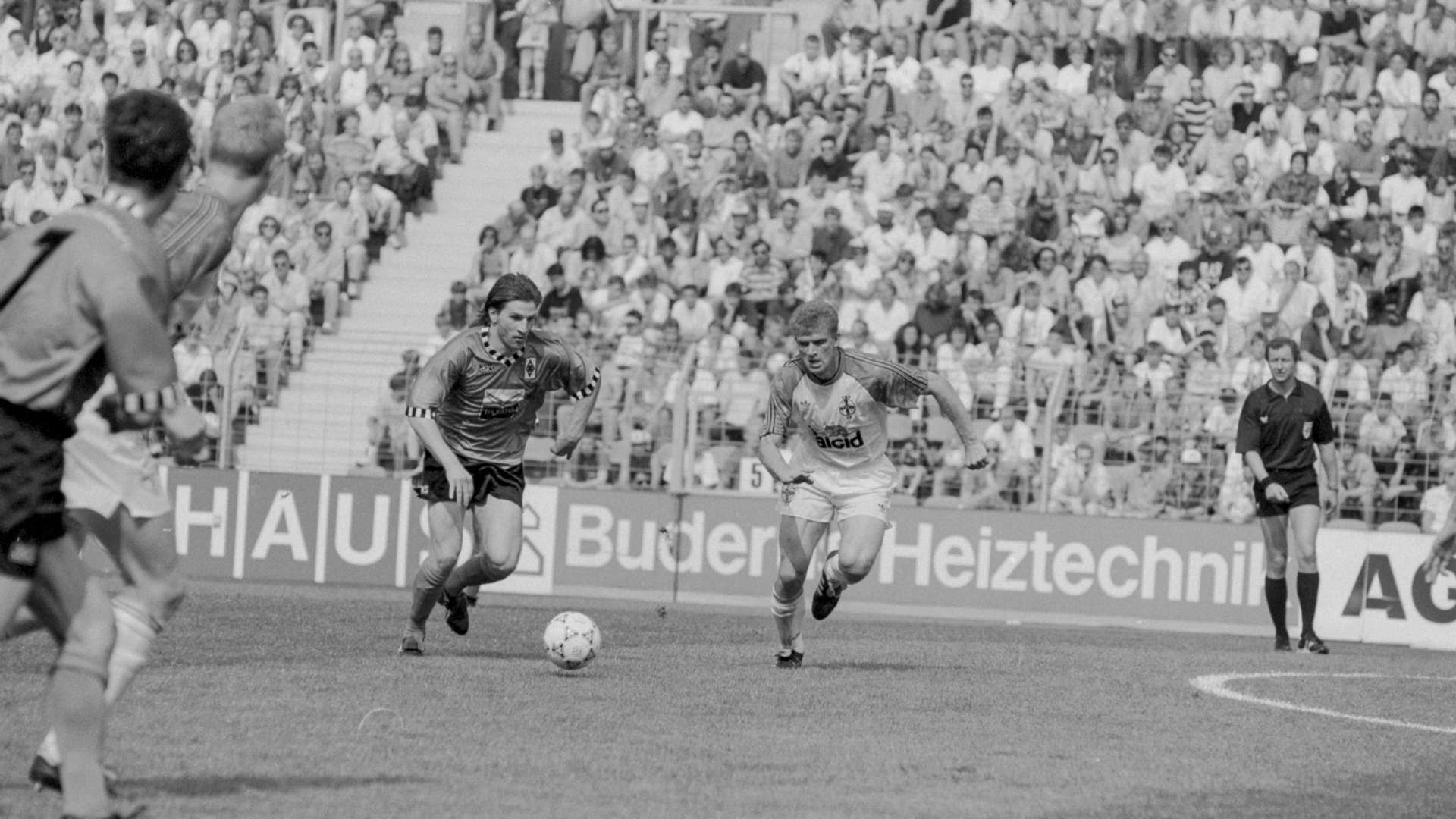

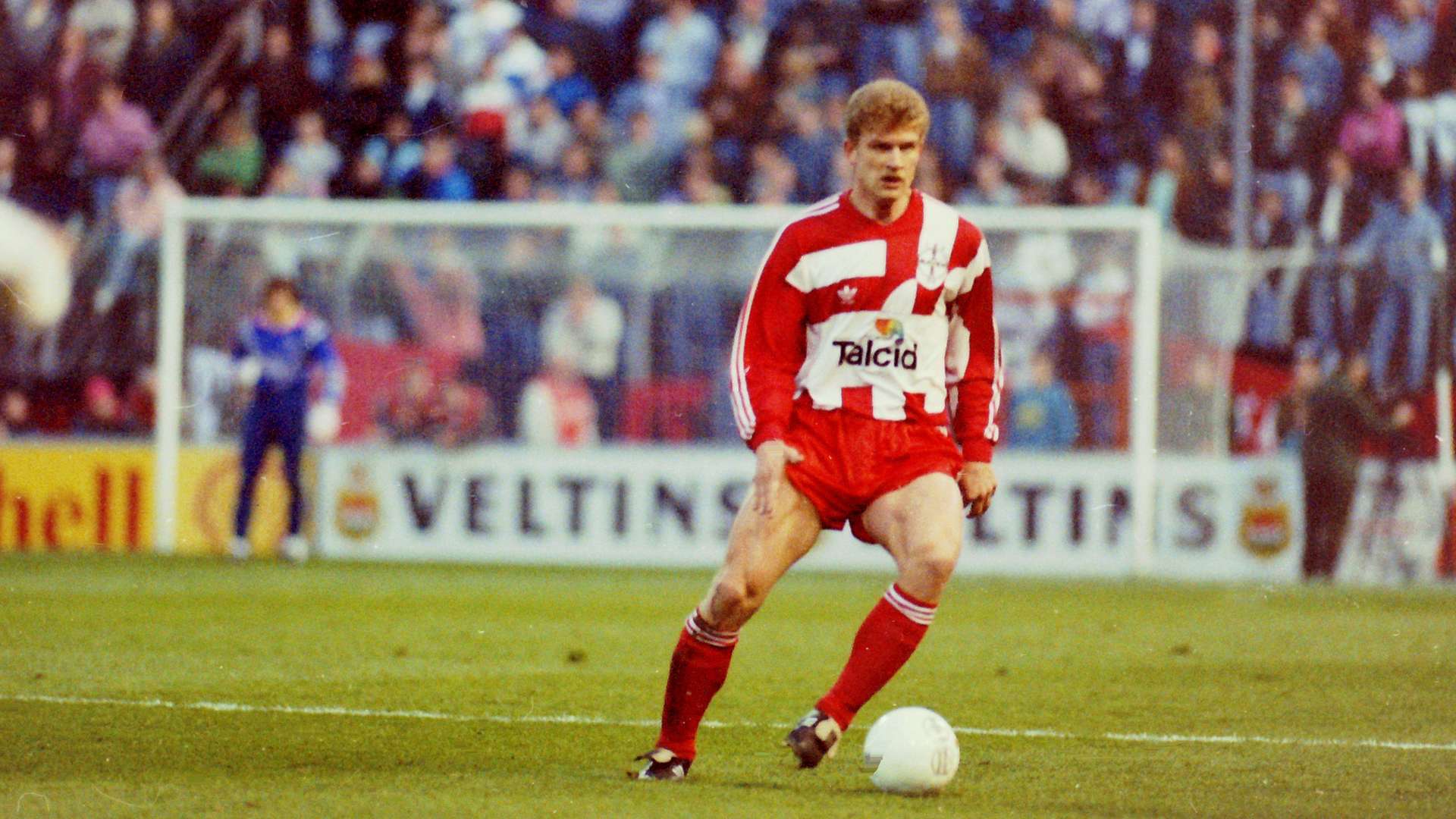
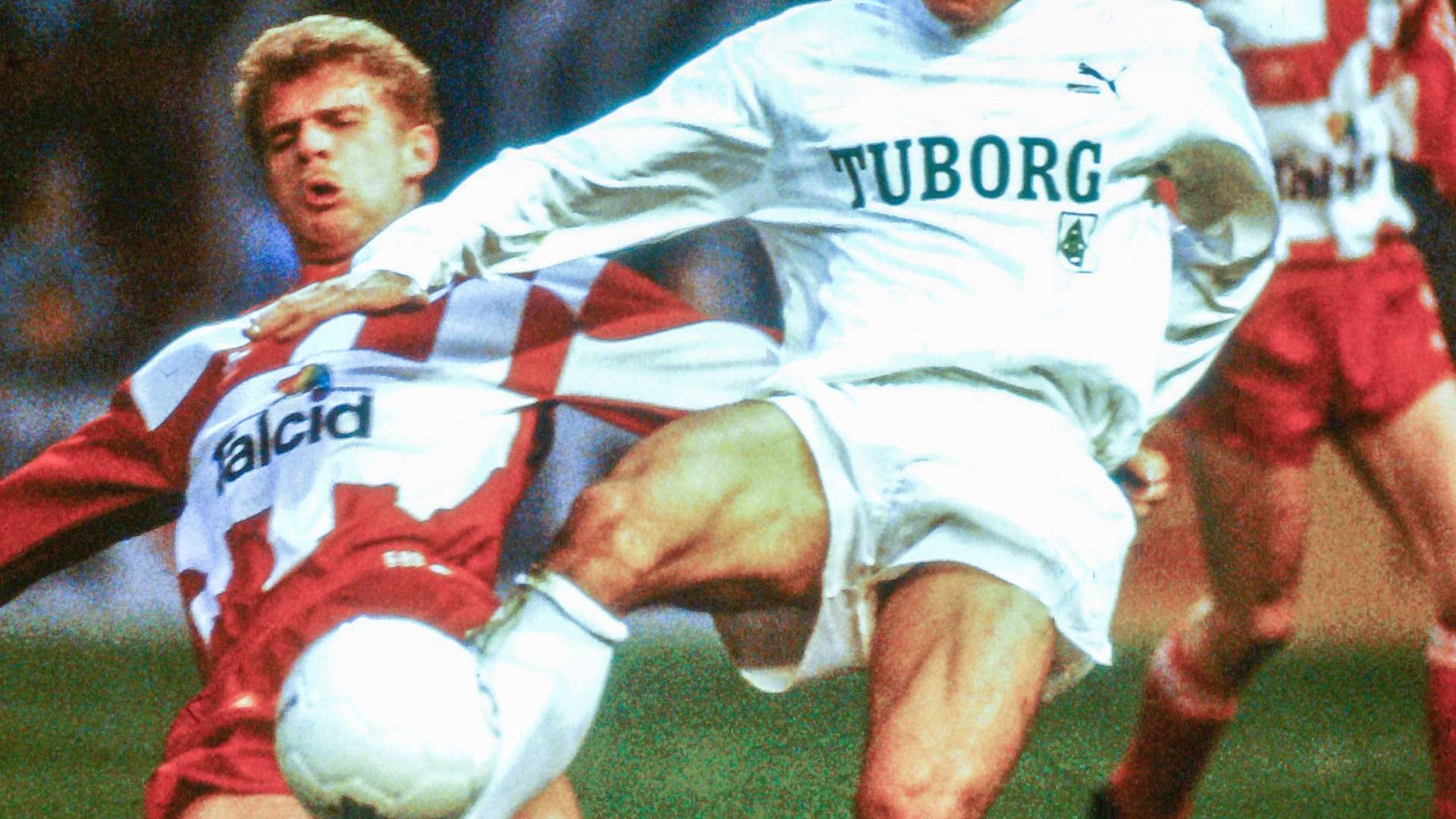
He joined Borussia Dortmund in 1994. In spite of the stiff competition he was often in the starting line-up and with BVB he was a champion of Germany in 1995 and 1996, won the Champions League and the World Club Cup in 1997. In 1999, after a year without a Bundesliga game, he ended his successful playing career at the age of 33.
After a couple of years at a marketing firm, Martin branched out on his own in 2004 and worked with the company New Horizons and the RhineRuhr Academy in the training, further education and retraining sector. The current focus here is on IT, process, project and time management.
Dear Martin, I wish you a happy 60th birthday. Stay healthy and have a great day.
Related News
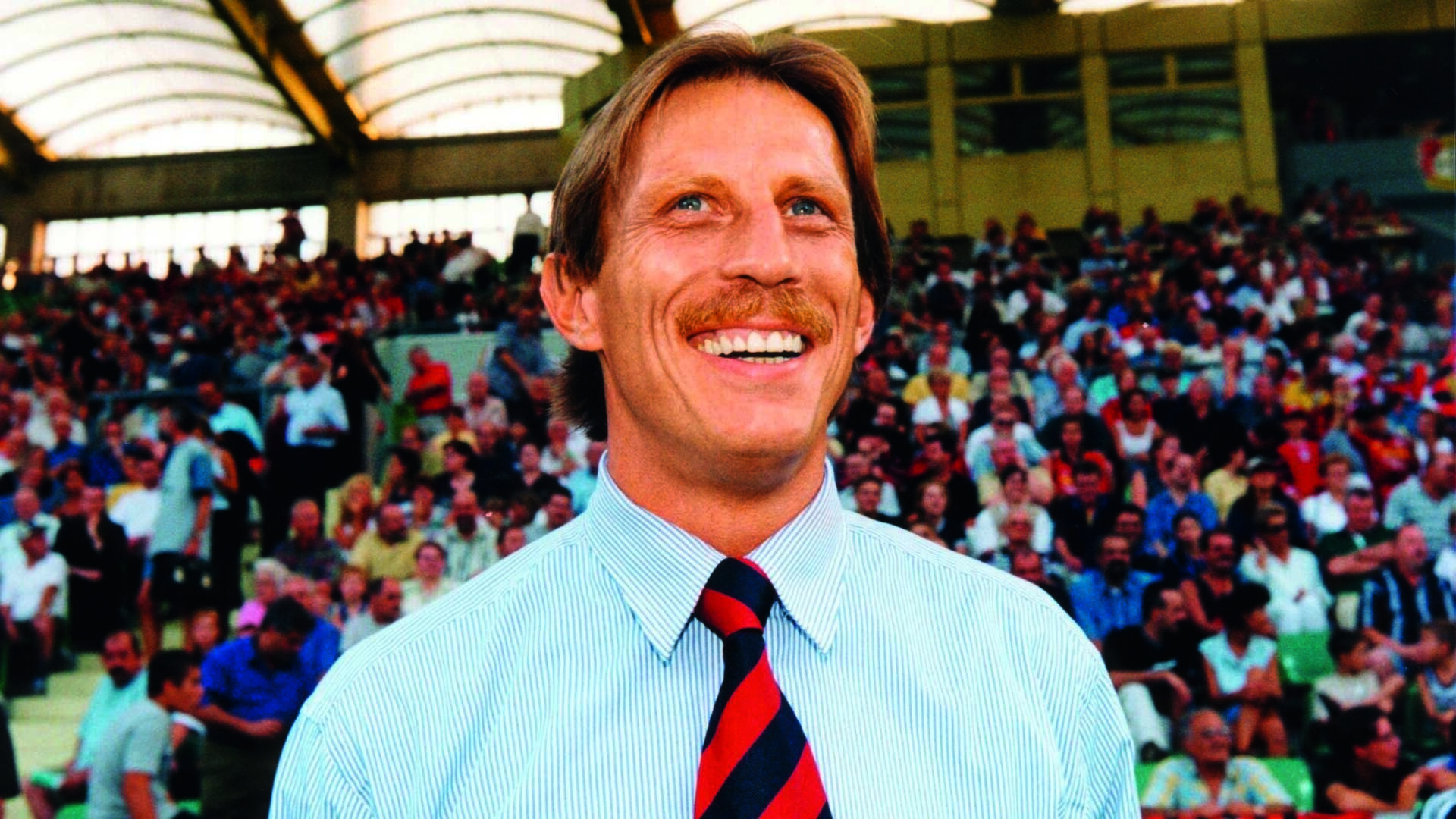
Legend: Christoph Daum - The man who taught us to want
Christoph Daum was born on 24 October 1953 in Zwickau. As a child, he moved to West Germany with his mother and grew up in Duisburg. He developed a great enthusiasm for football at an early age, even though it soon became clear that his future lay less on the pitch than on the sidelines. Even at a young age, his passion for analysing, explaining and improving things became apparent.
Show more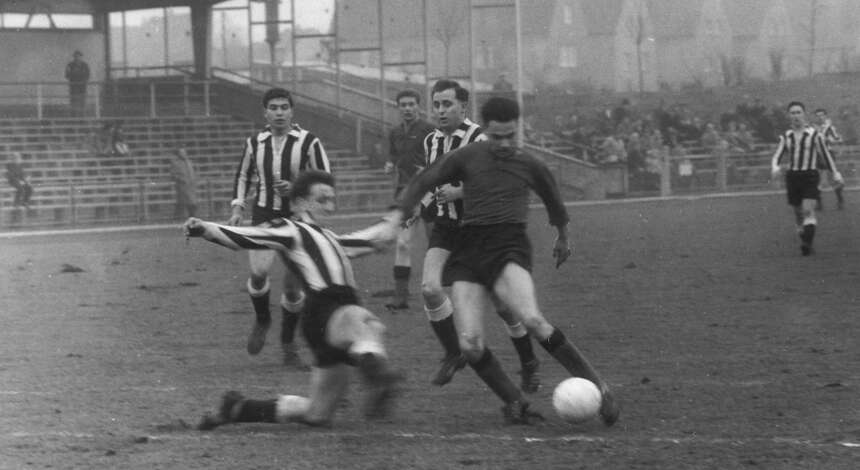
From the archives: 65 years ago - Another victory at last
When the Bayer 04 players celebrated Christmas in 1960, they spent the winter in second place in the Oberliga West 2 on 20 points - but already five points behind leaders Schwarz-Weiß Essen. However, coach Erich Garske's team are struggling to get back on track in the new year. A goalless draw against Bonner FV at home at the Ulrich Haberland Stadium was followed by a 2-1 away defeat in Erkenschwick. The following home game also yielded just one point. As a result, the team's promotion ambitions dwindled to a minimum, as the gap to the coveted spot has now grown to a challenging ten points.
Show more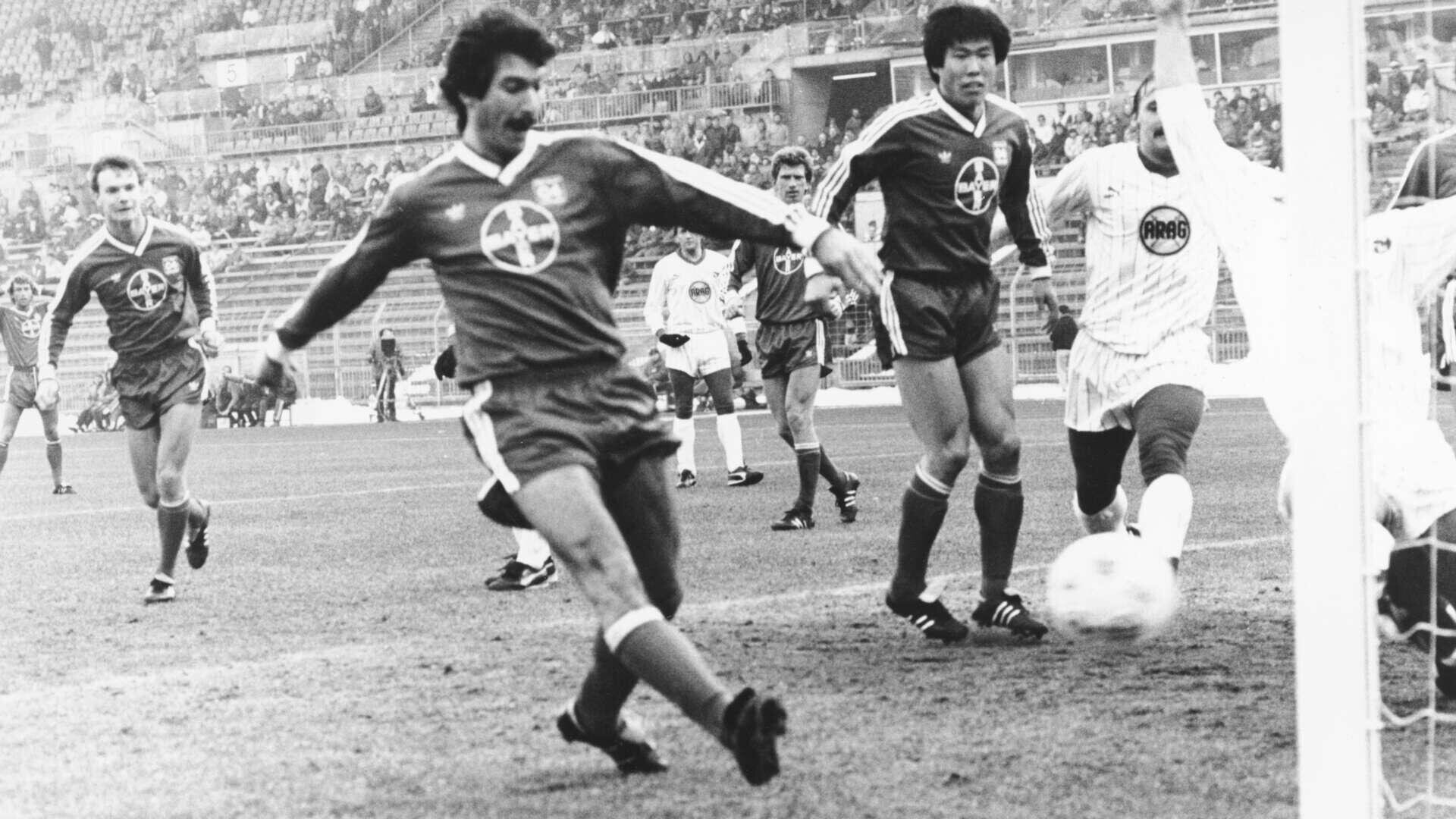
Goals of the month: From Waas to Tapsoba
In this video you can see impressive and important goals in Bayer 04 history from the month of February. It's not always about the beauty of the goals, but also a reminder of special games and players.
Show more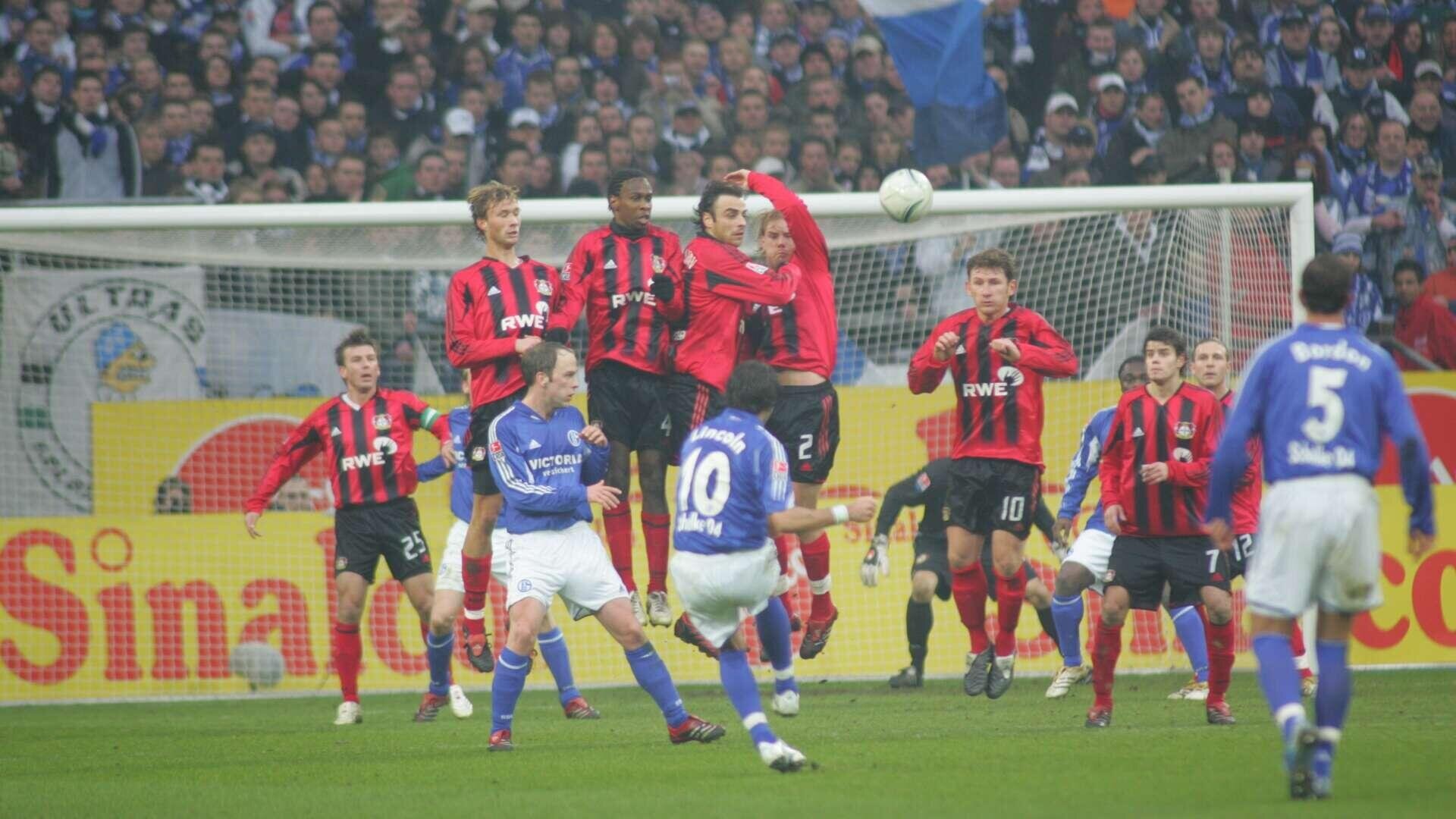
Match of the month: 20 years ago - A game of goals galore
It is 11 February 2006 and Schalke 04 and the Werkself kick off at 3.30 p.m. in a match that ends up being historic - at least from a Bayer 04 perspective.
Show more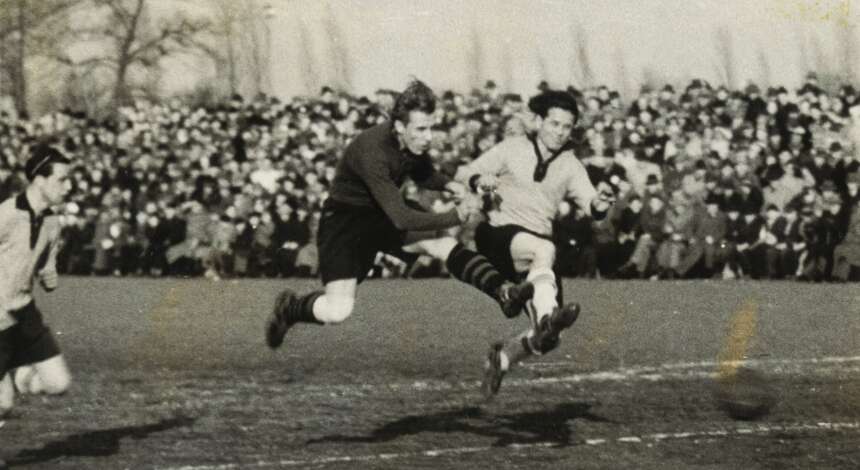
History: 75 years ago - The 1950/51 season (February)
As league leaders, the Werkself welcomed the relegation-threatened team from Rhenania Würselen. On 4 February 1951, 5,000 spectators line the touchlines despite the Sunday carnival parades. And they see a home team that is superior on the pitch. Without Theo Kirchberg, who was ill, and Emil Becks, who was suspended, the hosts attacked the opposing goal from the start. Battling against a strong wind in the first half, Bayer 04 created chance after chance, but were repeatedly thwarted by the Würselen goalkeeper. With the score at 0-0 at half-time, Karl Heinz Spikofski tried his luck on 55 minutes and hammered the ball into the opposition net from 20 metres out. Rhenania can no longer counterattack. The siege of the Würselen penalty area continued right to the end, but the game ended in a narrow 1-0 win.
Show more